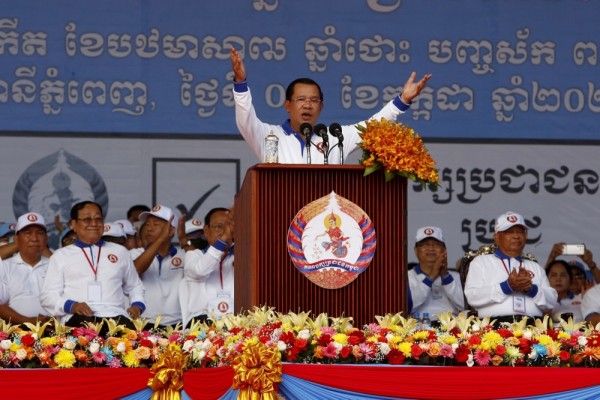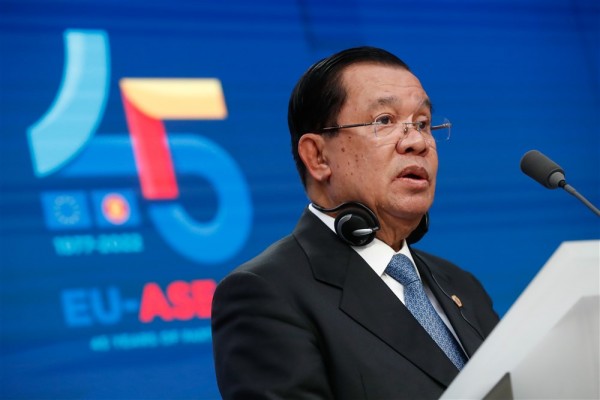The International Press Institute (IPI) is concerned about the Cambodian government’s efforts to restrict the capacity of lawyers to appear on national radio and television.
On Friday, Feb. 8, the Ministry of Information made public an instruction given to radio and TV stations on Jan. 31, stipulating that lawyers could only be interviewed with prior approval from the national bar association, according to Human Rights Watch (HRW).
The Jan. 31 statement reads: “To avoid the negative consequences upon the people of such legal dissemination programming and to ensure that such dissemination has good consequences, the Ministry of Information instructs all radio and television stations that all invitations to lawyers and other legal professionals to speak as interpreters of the law must be invited via the Bar Association of the Kingdom of Cambodia.”
Reports say that the instructions were accompanied by a “letter of warning” disseminated by the Bar Association among lawyers, ordering them not to give any public commentaries without prior authorization.
In the end the action by Minister of Information Khieu Kanharith and the Bar Association could not only affect public broadcasters but also print media.
Up to this point it is unknown what legal consequences either media institutions or lawyers will face if they violate the Jan. 31 directive.
The recent efforts to restrict media appearances by legal professionals appear to constitute another attempt to curb criticism of the government. Lawyers have been outspoken critics of Prime Minister Hun Sen’s administration.
That the government does not refrain from instrumentalizing the national legal institutions to silence critics has been shown in the trial against Mam Sonando.
On Oct. 1, 2012, Sonando, an owner of one of the country’s few independent radio stations was sentenced to 20 years in jail for allegedly forming a rural secessionist movement.
According to The Cambodia Daily, the radio owner was educating rural communities about their human and voting rights.
The trial caused an international outcry, leading even U.S. President Barack Obama to call on the Cambodian government to immediately release Sonando.
With regard to the recent directive, the Cambodian Bar Association seems to be closely cooperating with Sen’s administration.
While it pledges to maintain “independence” as well as “serving the purpose of justice”, human rights groups have suggested that the Association has increasingly become a vehicle for the ruling Cambodian People’s Party (CPP).
According to Radio Free Asia, the bar association is increasingly repressive especially in cases in which lawyers try to defend clients against land grabs and other disputes involving powerful national elites.
Human Rights Watch warns that the Jan. 31 directive could further hurt the 700,000 Cambodians who have been adversely affected by land-grabbing, given the restrictions lawyers would face when informing citizens about their rights.


